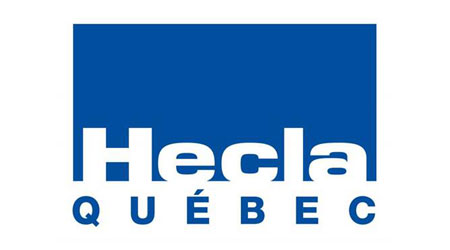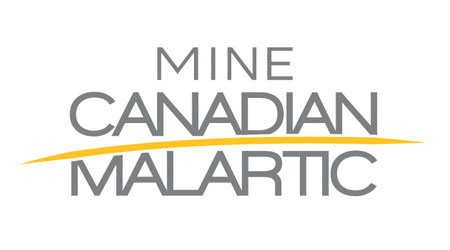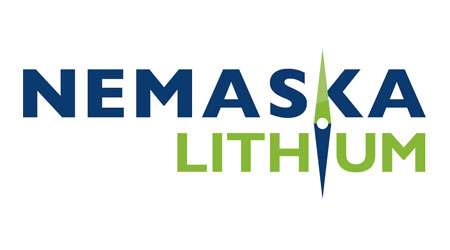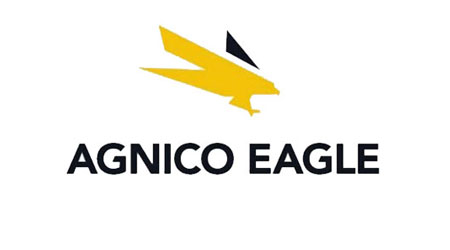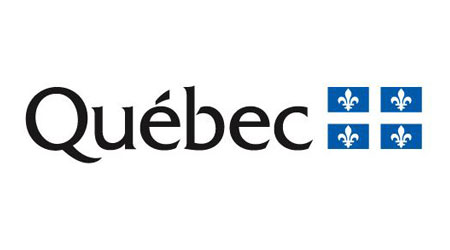
NSERC-UQAT Industrial Research Chair on northern biodiversity in a mining context
NSERC-UQAT Industrial Research Chair on northern biodiversity in a mining context
Context
Mining is one of Canada’s most important industries, generating well paid jobs, and raw materials and technological advances that are exported worldwide. In many parts of mid to northern Canada, including the regions Abitibi-Témiscamingue and Nord-du-Québec, the discovery of ore deposits has historically stimulated exploration, settlement and urban development, and as such the mining industry plays a key role in these communities. Public perception of this industry has shifted over time however. Once based on the well paid jobs in relatively remote regions, perception of the mining industry now includes the environmental and social impacts that this industry generates throughout its life cycle and after mine closure. As such, the mining industry has been modifying its practices to be more socially and environmentally responsible. At the same time, potential mine deposits in Canada, and around the world, are in progressively more remote regions as deposits in easier to access areas are developed. Consequently, many ore deposits that are currently being exploited or studied for development are in northern parts of Canada.
In order to attain sustainable development in the north, several elements need to be taken into account including rapid climate change, the important role of First Nations and the dominance of cryptogams (mosses and lichens) in ecosystems. To date, few studies have examined the potential impact of mines on terrestrial biodiversity and even fewer in a boreal context including First Nations and the effects of climate change.
Building on the expertise of Nicole Fenton and her extensive collaborative research experience, the NSERC-UQAT Industrial Research Chair on northern biodiversity in a mining context aims to generate and successfully transfer knowledge on northern biodiversity.
 Learn more
Learn more
 Learn more
Learn more
 Learn more
Learn more
Mission
The mission of the Chair is to increase knowledge creation and dissemination regarding northern biodiversity in order to be able to develop strategies to reduce the impacts of development throughout the mine life cycle on northern biodiversity in the context of cumulative impacts including climate change.
Research objectives
- Understanding mine footprints over the mine life cycle: strategies to minimize impacts on biodiversity in the short-term
- Avoiding risk for biodiversity: developing tools for ecological planning
- Vulnerability of key species for Aboriginals communities to cumulative impacts
Anticipated results
The research results generated by the researchers of the Chair will permit industrial, governmental and community partners to reduce the impacts of their actions on biodiversity via effective ecological planning that integrates indigenous perspectives and the effects of climate change.
Titular
Nicole Fenton
ProfessorForest Research Institute
Areas expertises
- Biodiversity of plants
- Bryophytes
- Dynamics of the feather moss - black spruce forest
- Wetlands
Partners
Implication de la Fondation de l’UQAT
La Fondation de l’UQAT, par le biais d’ententes avec les partenaires, s’engage à contribuer à la gestion de ces ententes et à faire transiter les engagements financiers des entreprises via ses Fonds.
Information
Nicole Fenton, professor titular of the NSERC-UQAT Industrial Research Chair on northern biodiversity in a mining context
Forest Research Institute (FR)
Telephone: 819 762-0971 poste 2312
Email: nicole.fenton@uqat.ca


